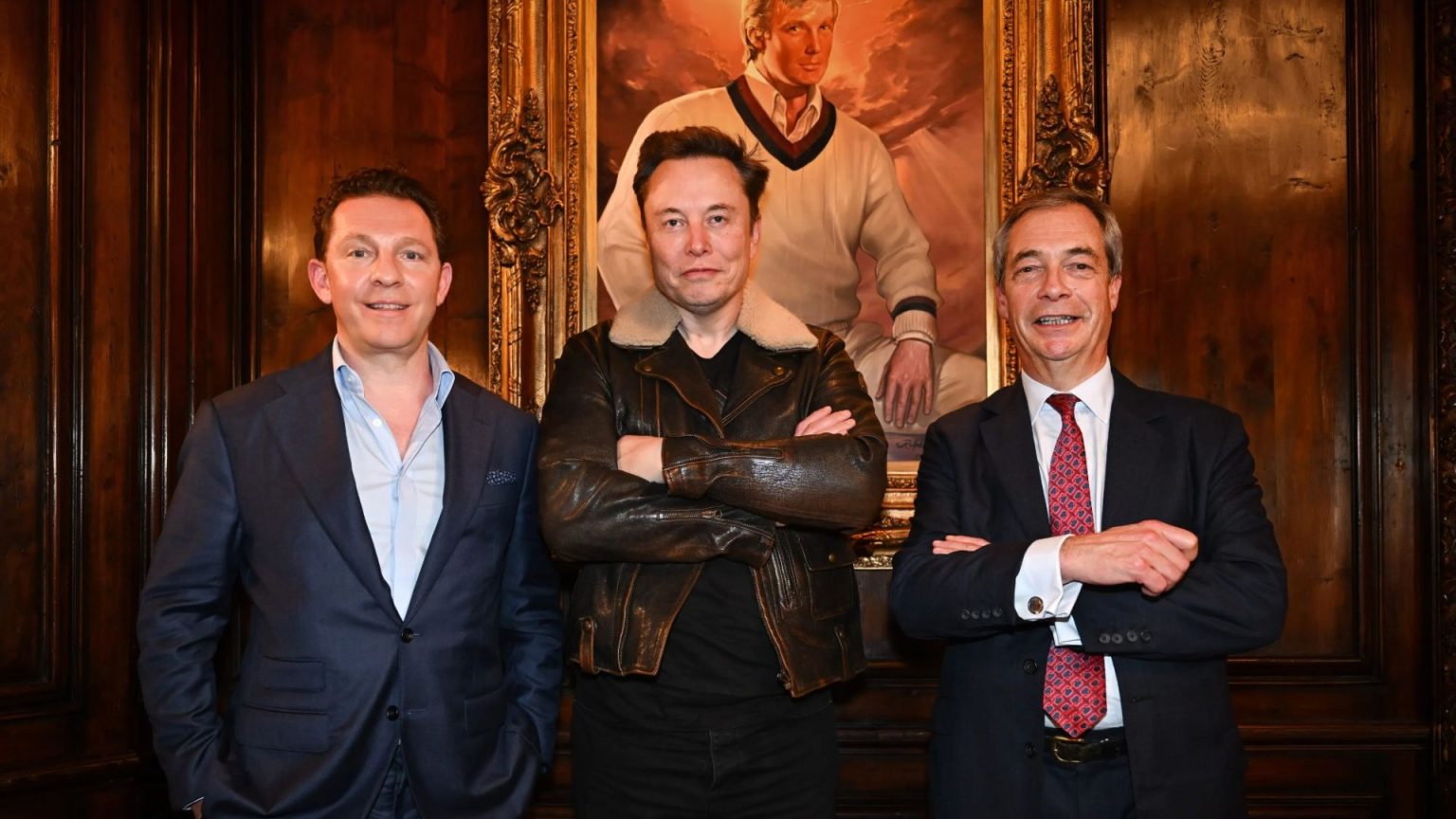Nigel Farage, leader of the Reform UK party, asserts that Elon Musk’s perceived endorsement could be instrumental in attracting young voters, a demographic crucial for electoral success. Farage highlights Musk’s “cool” image, characterized by his “shades, bomber jacket, and the whole vibe,” as a resonating factor among the younger generation. This perceived coolness, Farage believes, could translate into electoral gains, bridging the gap between Reform UK and a demographic that traditionally leans towards other parties. The potential association with Musk, whom Farage describes as a “bloody hero” among young people, is viewed as more than just a financial boost; it’s a strategic move to enhance the party’s appeal and relevance in a rapidly changing political landscape. Farage emphasizes the importance of capturing the youth vote, stating that it is the “key” to winning the next election. He believes that Musk’s endorsement significantly eases this challenge, propelling Reform UK into a position of greater influence with this crucial demographic. This strategy reflects a broader trend of political figures leveraging the influence of prominent, often non-political, figures to reach new audiences and bolster their appeal.
The connection between Farage and Musk stems from a meeting at Donald Trump’s Mar-a-Lago resort, a location that itself carries significant political and cultural weight. While the exact nature of their discussions remains somewhat ambiguous, Farage openly acknowledges the potential for financial support from Musk, stating that he would “of course” accept such donations given the financial disparities between Reform UK and the larger, established parties. Although Farage denies reports of a specific £78 million donation figure as “complete nonsense,” the possibility of financial backing from the billionaire remains on the table. This potential influx of funds, coupled with Musk’s public persona, is viewed by Farage as a powerful combination for boosting Reform UK’s profile and competitiveness. The connection to Trump’s Mar-a-Lago further intertwines the narrative with existing political alliances and power dynamics.
Beyond the financial aspect, Farage emphasizes the “kudos” that comes with Musk’s endorsement, particularly its impact on young voters. This suggests that the perceived association with Musk carries a symbolic value that transcends mere monetary contributions. It taps into a broader cultural phenomenon where endorsements from influential figures, especially in the tech and business world, can significantly sway public opinion and, potentially, voting patterns. This strategy of associating with influential figures extends beyond Musk, as Farage has also publicly aligned himself with Donald Trump, demonstrating a pattern of seeking endorsements from figures with strong, albeit sometimes controversial, public images.
Farage envisions Musk’s involvement extending beyond financial contributions and image enhancement. He hopes Musk will provide a “blueprint” for cutting the “administrative state,” reflecting Reform UK’s broader platform of reducing government bureaucracy and intervention. This aligns with a libertarian-leaning ideology that resonates with certain segments of the population, particularly those who advocate for less government regulation and control. This focus on reducing government overreach is presented as a key message to young people, framing Reform UK as the party that will “leave them alone,” a message that potentially appeals to a generation often wary of government interference.
The narrative takes a competitive turn with a dispute over membership numbers between Reform UK and the Conservative Party. Farage claims Reform UK’s membership has surpassed that of the Conservatives, citing figures displayed on the party’s website. This claim is immediately challenged by Conservative Party leader Kemi Badenoch, who dismisses the figures as “fake” and accuses Farage of manipulating data. This public disagreement escalates into a potential legal battle, with Farage demanding an apology and threatening legal action against Badenoch. This conflict highlights the intense competition between the parties, particularly in the context of vying for public support and legitimacy.
The entire narrative weaves together multiple threads – the pursuit of the youth vote, the potential for financial backing and endorsement from a high-profile figure, the ideological focus on reducing government size, and a public spat over membership numbers – to paint a picture of a party strategically positioning itself to challenge the established political order. The narrative also underscores the increasing role of non-political figures, like Elon Musk, in shaping political discourse and potentially influencing electoral outcomes. The clash with the Conservative Party over membership figures further illustrates the ongoing struggle for dominance in the British political landscape.


